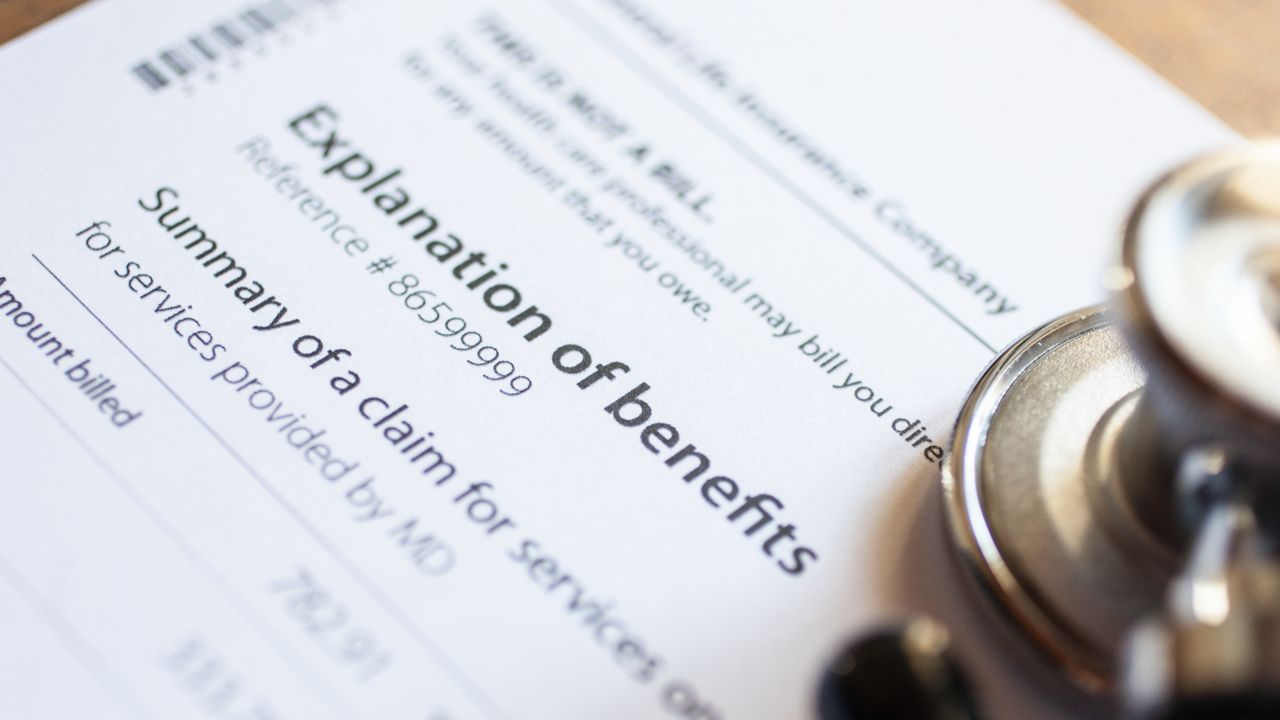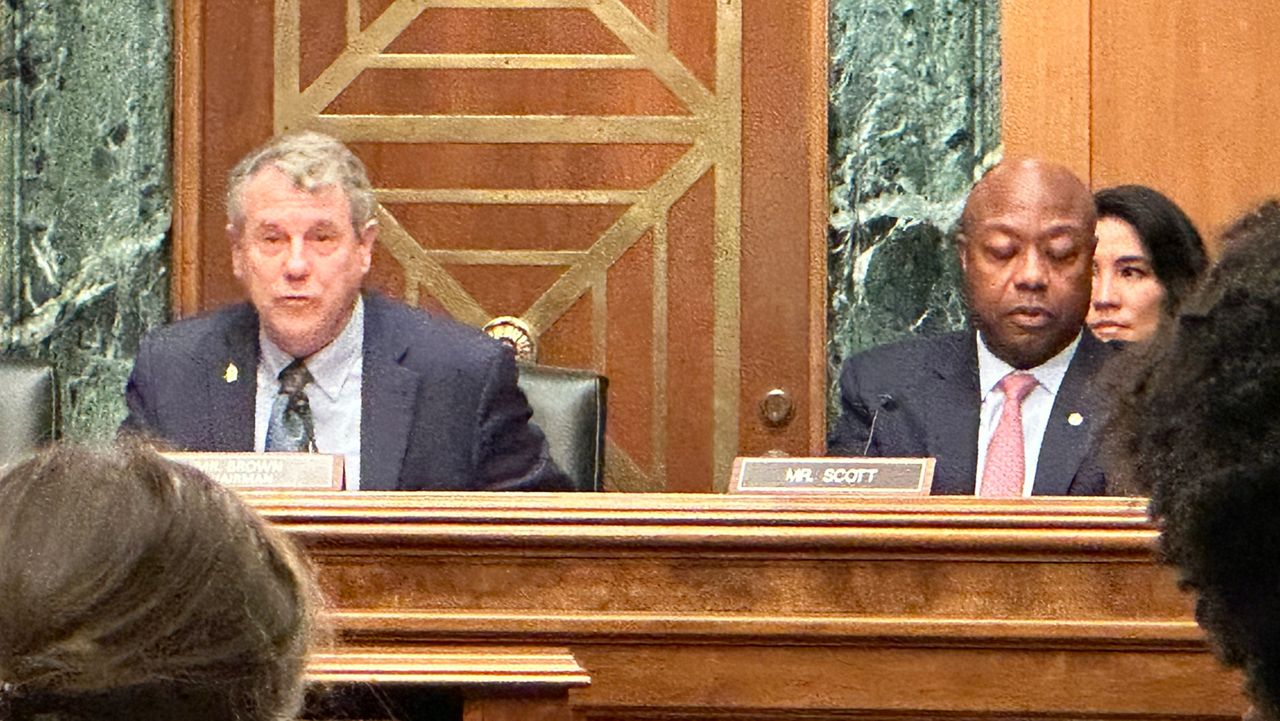COLUMBUS, Ohio — Lawmakers at the Ohio Statehouse are on break for the summer after a long session last week. State senators will return later this year and could discuss House Bill 79, which could help Ohioans become more efficient with their utilities by letting utility companies offer energy-efficient programs for residential and small commercial customers. The options could be discounts, rebates, and even smart thermostats that could help Ohioans save money on their utilities.
“It’s when it’s really cold,” said Speaker of the House Jason Stephens, R. "It’s really hot and that demand is extremely high. That’s where if we can shave off a little of that demand."
The previous energy efficiency programs according to the bill sponsors were stripped away by House bill 6. They say this bill would restore those programs, and help Ohioans save money on their bills. The Ohio House chamber passed the bill 50-to-46 last week. Proponents say it will help families struggling to afford to cool their homes during the hot summer months.
“It helps people get discounts and rebates on appliances, smart thermostats, weatherization for their home,” said Robert Kelter, the managing attorney at the Environmental Law and Policy Center. “But, by reducing energy usage from the customers who participate in the programs. Everybody will pay lower rates because we will need less power at peak times.”
Meanwhile, opponents are worried about other costs which could potentially impact customers, and question whether it’s easy enough for someone to opt-out of the program.
The Americans for Prosperity-Ohio have been continuing to advocate against the bill. On their website, they have released a statement letter voicing their concerns.
“This program is not ‘voluntary.’ Residents are automatically enrolled in the program. The only way for residential consumers to opt-out is to respond to one of two postcards mailed from the utility companies. Residents are trapped in the program for up to five years.”
While the bill passed the House, it will be several months at least before the Senate has a chance to take a look at the language, and Senate President Matt Huffman has questions about it.
“I guess if utility companies want to volunteer to do energy efficiency, all those words strung together sound pretty good,” said State Sen. Matt Huffman, R-Lima. “I guess right off the top of my head, my concern is, does that mean it’s going to cost the utility companies something to do that? Therefore, are the ratepayers going to pay for it?”
Lawmakers will not return from a summer break for the next few months.










